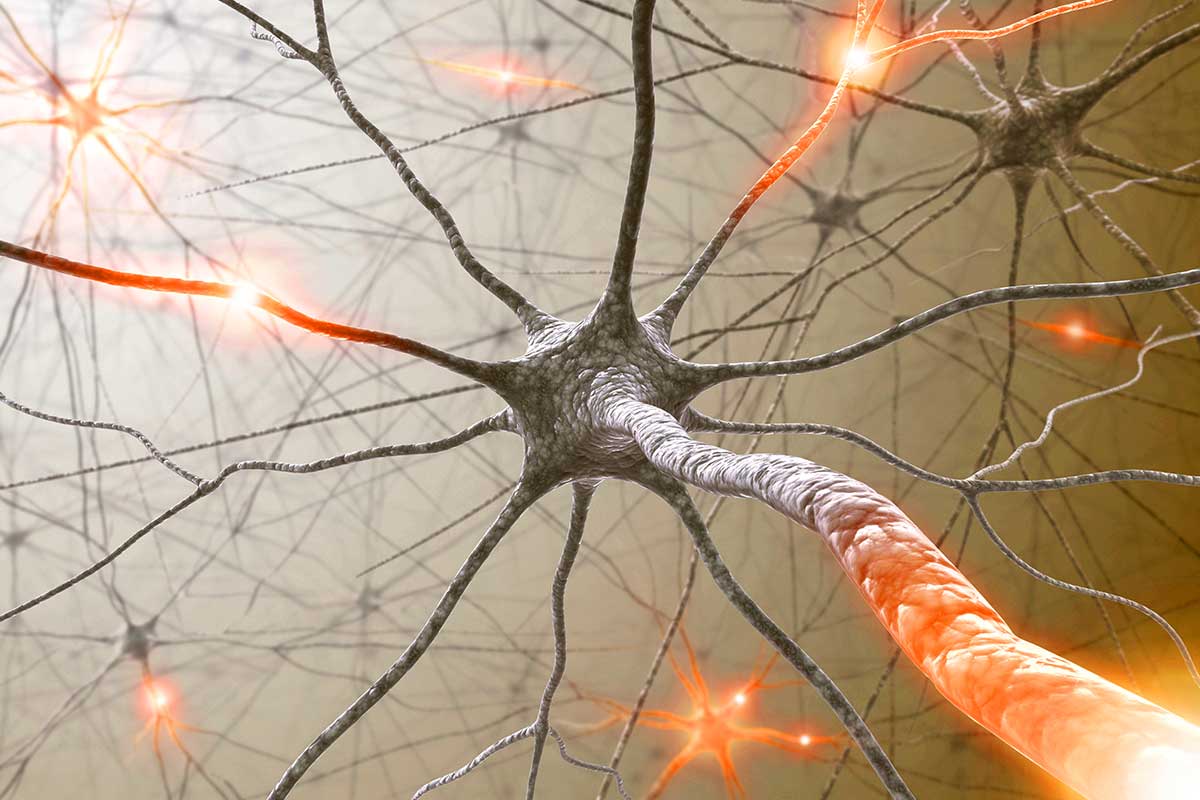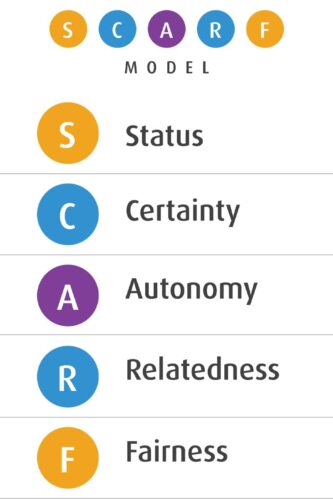Wellbeing Programs
Our wellbeing programs help to foster psychological safety in the workplace by creating an environment where employees feel comfortable taking risks, expressing concerns, and contributing ideas without fear of negative consequences.
Everyday HEROES
Next-Generation Approach to Personal and Workplace Wellness and Developing Psychological Capital
This program leverages the extensive research in Psychological Capital to deliver measurable improvements in workplace performance and employee wellbeing. The research shows that by strategically developing four key psychological resources—Hope, Resilience, Optimism, and Self-Efficacy—organisations can create sustainable competitive advantage.
The HEROES Advantage
The HEROES program has been developed by the Langley Group as a way of applying the research around psychological capital in the workplace. Langley Group has integrated this research with emotional intelligence and strengths-based methodologies to create a comprehensive performance development and enhancement approach. This strategic integration delivers exceptional returns on investment for organisations committed to excellence and sustainable wellness.
Strategic Competency Development
- Hope: Future-focused pathways and agency for effective change management
- Efficacy: Developing confidence and self-belief for decisive action
- Resilience: Building the capacity to adapt and be resilient for sustainable high performance in challenging environments
- Optimism: Cultivating positivity to encourage action for enhanced productivity
- Emotional Intelligence: the perception and management of emotions in self and in others for leadership effectiveness
- Strengths: Optimising strengths for performance excellence and workplace wellness

PSYCHOLOGICAL SAFETY:
A STRATEGIC FRAMEWORK
Team psychological safety is an organisational asset characterised by a collective mindset where risk-taking, idea expression, inquiry, and acknowledging errors occur without fear of negative repercussions. This psychological infrastructure is fundamentally supported by emotional intelligence capabilities.
Our comprehensive intervention suite is strategically designed to establish and strengthen psychologically secure operational environments. Delivery options include virtual or in-person formats ranging from 90-minute executive briefings to all-day intensive workshops.
The strategic objective of this program is to equip participants with a comprehensive understanding of psychological safety dynamics, creation methodologies, and priority focus areas.
Research-Based Methodology
According to Harvard Professor Amy Edmondson’s definitive research, psychological safety constitutes a
“shared belief held by team members that the team is safe for interpersonal risk taking.”
This environment enables authentic expression and intellectual engagement, with challenges being strategically leveraged as performance accelerators. The research demonstrates that psychological safety alone does not drive performance enhancement; rather, it is the strategic integration of psychological safety with appropriate challenge that generates superior performance outcomes.
Psychological Safety – Extension Options
Group Coaching with a focus on reflection and application is available as a follow-up to all core program pathways. This can support strategic implementation, execution refinement, and support the optimisation of the learning into the organisation.
The group coaching method is an experience-centred approach, leveraging collective intelligence through structured peer learning and support mechanisms.

Neuroscience of Wellbeing
Building wellbeing for influence and performance
Neuroscience gives us the evidence to build the skills that we need to shape and drive our wellbeing and influence our own happiness and the wellbeing and happiness of others.
This workshop introduces the latest in neuroscience research, including brain basics, managing emotions, the power of positive emotions and practical strategies to increase wellbeing at home and at work. The specific focus on the SCARF model enables participants to directly apply their learning to an issue or project in their current work.


The Program Features:
- engaging face-to-face training with half or full day options
- focus on understanding neuroscience and how the brain responds during change
- explores the SCARF model – status, certainty, autonomy, relatedness and fairness
- we tailor the learning to suit your needs as an organisation
- practical, experiential learning
- learn to stay mindful, and make new neural connections by thinking, talking and doing
